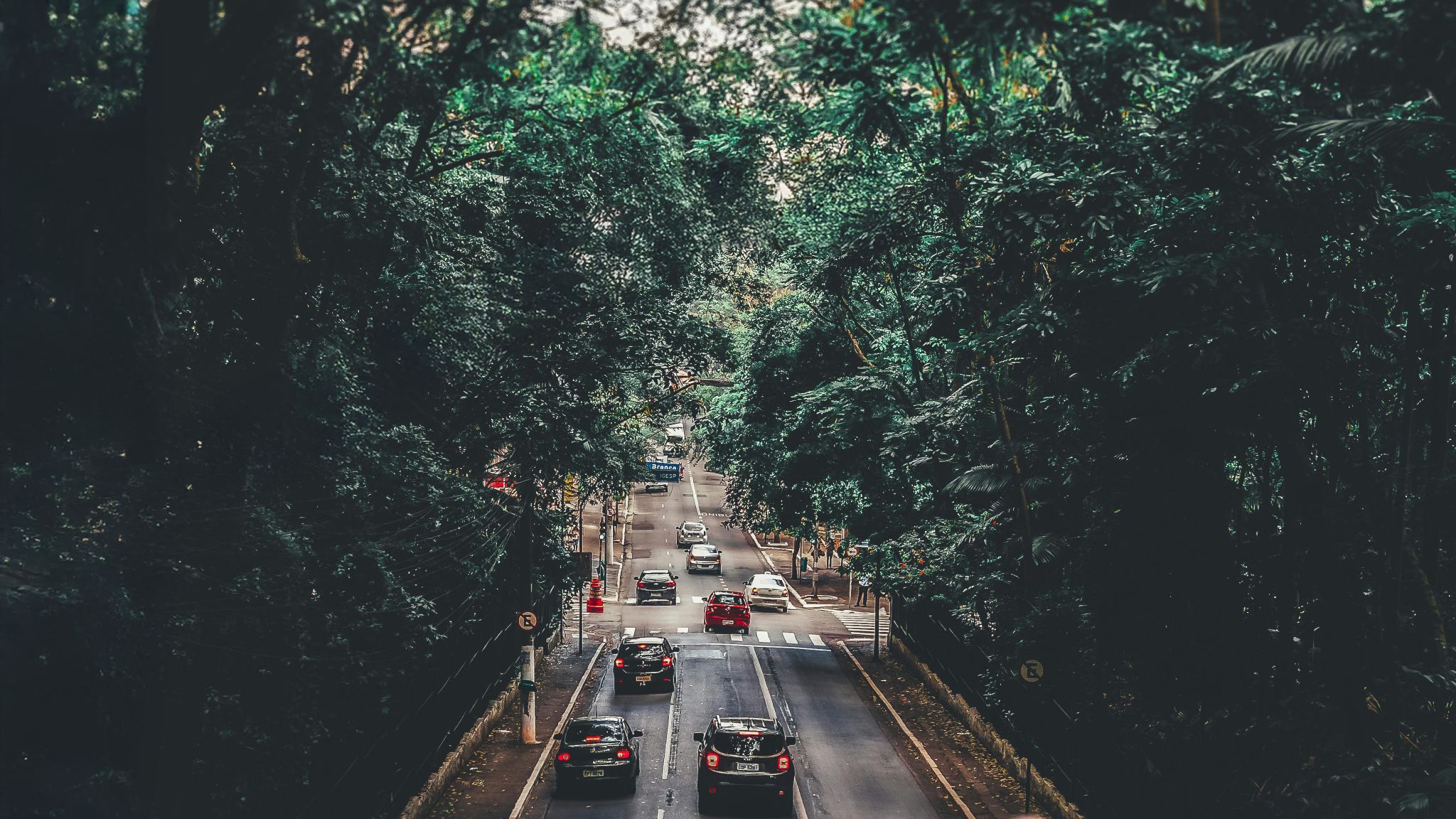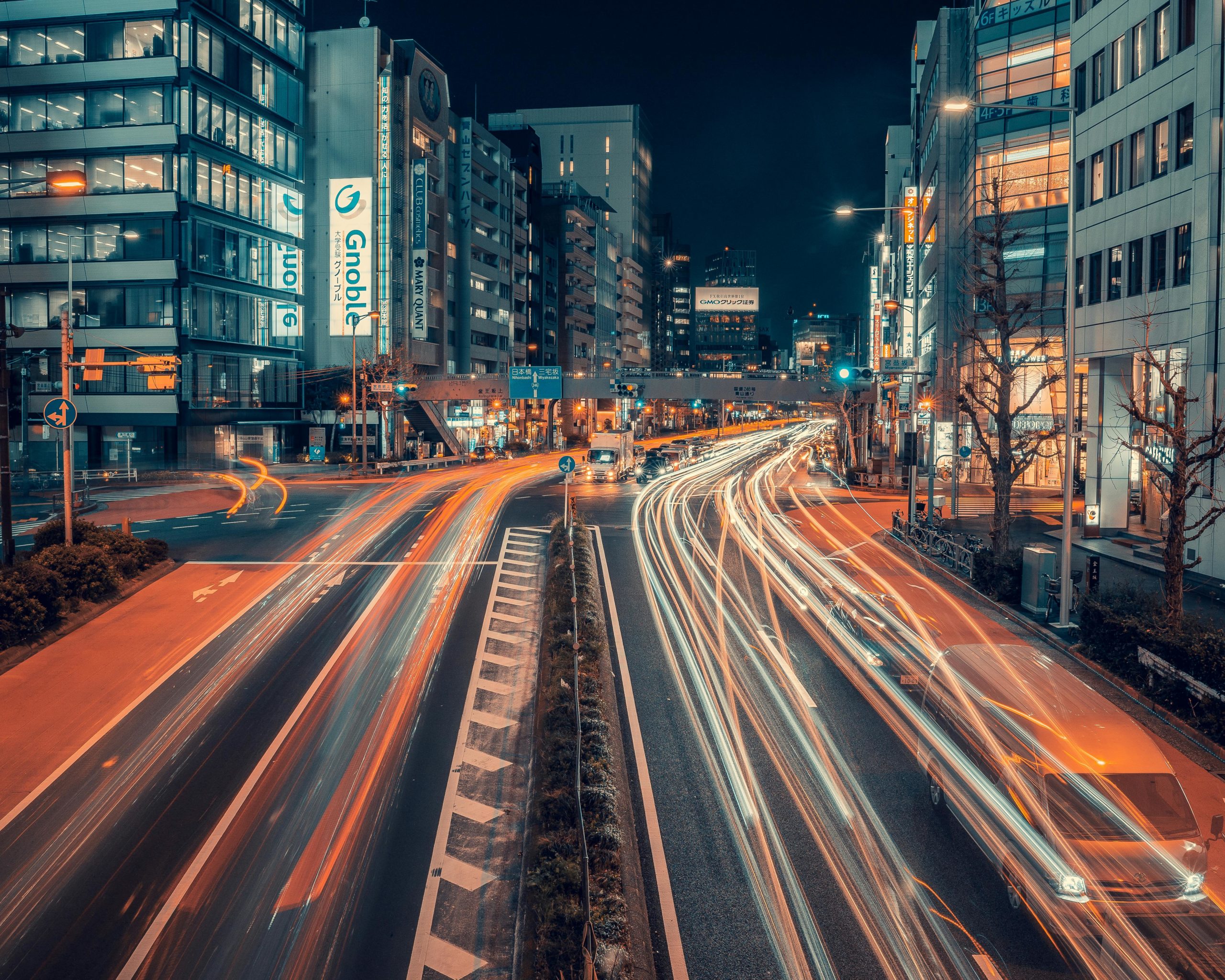Young people all over the world are increasingly using social media to lead campaigns and promote environmentally friendly actions. They show their concern about the future of the planets, and challenge governments, companies and stakeholders to act now in order to guarantee a sustainable future for all.
Research from the Department of Economic and Social Affairs of the United Nations Organization (UN) shows that almost one fourth of the world’s population is aged between 15 and 29 years old, primarily in developing countries.
Priyanka Kochhar is one of the the 1,8 billion youngsters concerned about the planet’s future. The digital influencer has over 400M followers on social media and she uses her large audience to make a difference. Besides being one of the only women in India that talks about cars and motorcycles, Priyanka never misses an opportunity to defend environmental issues.
“We pollute the planet every day. I drive cars and motorcycles and I feel guilty for harming the atmosphere. We need sustainable solutions to reduce pollution and I see ethanol as a huge opportunity for India”, highlighted Priyanka during the Auto Expo 2020, one of the biggest automobile expositions in Asia held between the 7th and 12th of February in Greater Noida, around 30 km from India’s capital, New Delhi.
Garvit Sukhija (19) and Harsh Lamba (20), engineering students from the Birla Institute of Technology and Science, also share Kochar’s point of view on ethanol.
“India is one of the most populated countries in the world and it relies a lot on fossil fuels. Ethanol would be the best solution for us to reduce emissions besides being viable from an infrastructure and economic point of view”, said Garvit Sukhija, when visiting UNICA’s stand at the Auto Expo. UNICA participated in the event as part of a joint project with the Brazilian Trade and Investment Promotion Agency (Apex-Brasil).
“For sure, ethanol will bring back the blue sky”, joked Harsh Lamba referring to the ‘Bring Back my Blue Sky’ campaign designed by UNICA.
Bring Back My Blue Sky
During the event, UNICA presented ‘Bring Back My Blue Sky’, a campaign launched during the 25th Conference of the Parties about Climate Change (COP 25) in Madrid. The initiative shows the positive results of the use of ethanol in Brazil, especially on air quality in large cities, giving the state of São Paulo as an example.
“The use of fossil fuels took São Paulo’s blue skies away, replacing them with clouds of smoke that not only made the city darker, but also entailed severe social and economic damage. Ethanol allowed us to bring the blue skies back to São Paulo and other large cities in Brazil. We want to present ethanol to the world and make out contribution so that people around the globe can also say ‘Bring Back My Blue Sky’”, announced Gussi.
Youth
Around 60% of the 600 thousand visitors that attended the 15th edition of the Auto Expo were under 30 years old. Besides sharing the Brazilian experience with ethanol and how it has helped improve air quality, UNICA had the opportunity to discuss environmental issues with a younger audience, who tend to give greater importance to sustainability.
“I was very impressed with the quantity of young people that visited our stand and was positively surprised by their interest in the topic. The moment they realised we treat a subject directly related to air quality and emissions reduction, they would show a great interest in understanding our proposal. They were pleased to discover the possibility of increasing the blend of ethanol in gasoline and the positive impact this can have over the next years”, explained Júlia Tausing, from UNICA’s institutional relationships.
According to Eduardo Leão, UNICA’s executive director, the event was impressive for several reasons, from the number of diverse cars and brands that were presented, to the high number of visitors and how young they were.
“It is exactly this audience that we want to reach out to and explain the benefits of ethanol. The biofuel is capable of improving air quality, reducing greenhouse gas emissions and, additionally, is beneficial to India’s economy. The main reason we came to Greater Noida was to share Brazil’s experience with the Indian people. Brazil has been using ethanol for over 40 years – either 27% blended with gasoline or as pure ethanol in flex cars”, explained Leão.
Global pollution
Estimations from the World Health Organization (WHO) reveal that pollution causes about seven million deaths every year globally. According to the organization, nine out of ten people in the world breathe polluted air.
According to the reports, pollution is the cause for 24% of deaths in adults linked to heart disease, 25% of the deaths caused by strokes, 43% of the deaths due to chronic obstructive pulmonary disease (COPD) and 29% of the deaths caused by lung cancer.
Most deaths due to air pollution occur in East Asia, the Pacific (40%) and regions of South Asia (33%), according to a World Bank report titles ‘The Cost of Air Pollution’.
Energy matrix
According to the International Energy Agency (IEA), Brazil’s energy matrix is one of the cleanest among the largest global energy consumers, investing a lot in renewable energy. Over 45% of the energy produced in Brazil is renewable. To put this into perspective, 45% is triple the average percent worldwide. Sugarcane is the main source of sustainable energy in Brazil responsible for 17,4% of the national energy matrix.
In 16 years, the use of pure ethanol in Brazilian vehicles, along with the mandatory blend of 27% ethanol to gasoline, has made the skies clearer. Over this period, 535 million tons of CO2 emissions were avoided. This is equivalent to Poland’s annual emissions of CO2, and is also the same amount of the total sum of the emissions from Argentina, Peru, Uruguay and Paraguay.
Last week, the United Nations Environment Program (UNEP) launched their 2019 Emissions Gap Report, that points out that Brazil has made progress in the energy sector. According to the document, between 2015 and september of 2019 the Brazilian market favored renewable energies.
The report also highlights that, with the launch of the new Biofuels Nacional Policy (RenovaBio) applied to ethanol production in Brazil, the country will probably meet the goals mentioned at the Brazilian NDC for the transport sector.
Project
Apex-Brasil and UNICA became public in february of 2018 a strategy to promote the image of the products sugar-energy products abroad, in particular the brazilian ethanol as a clean and renewable energy. Both entities signed an agreement that predicts shared investments. The project intends to influence the process of the construction of the image of ethanol and other sugarcane derivatives with the main world opinion leaders – governments and media, such as trading companies, potential investors and importers, non-governmental organizations (NGO), and consumers.



